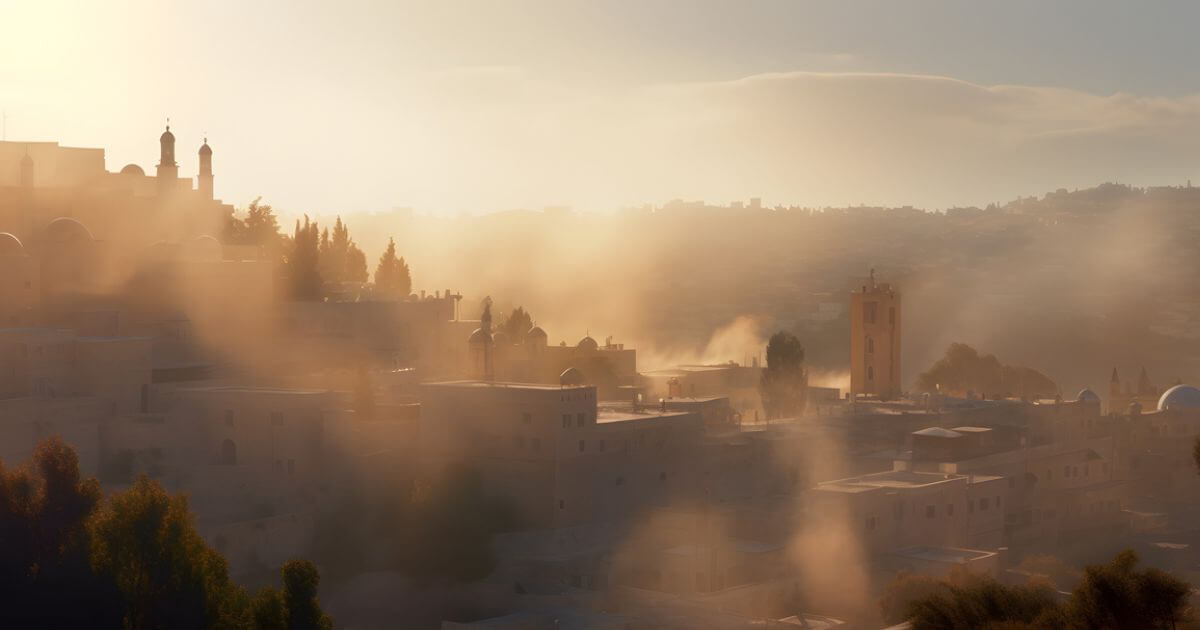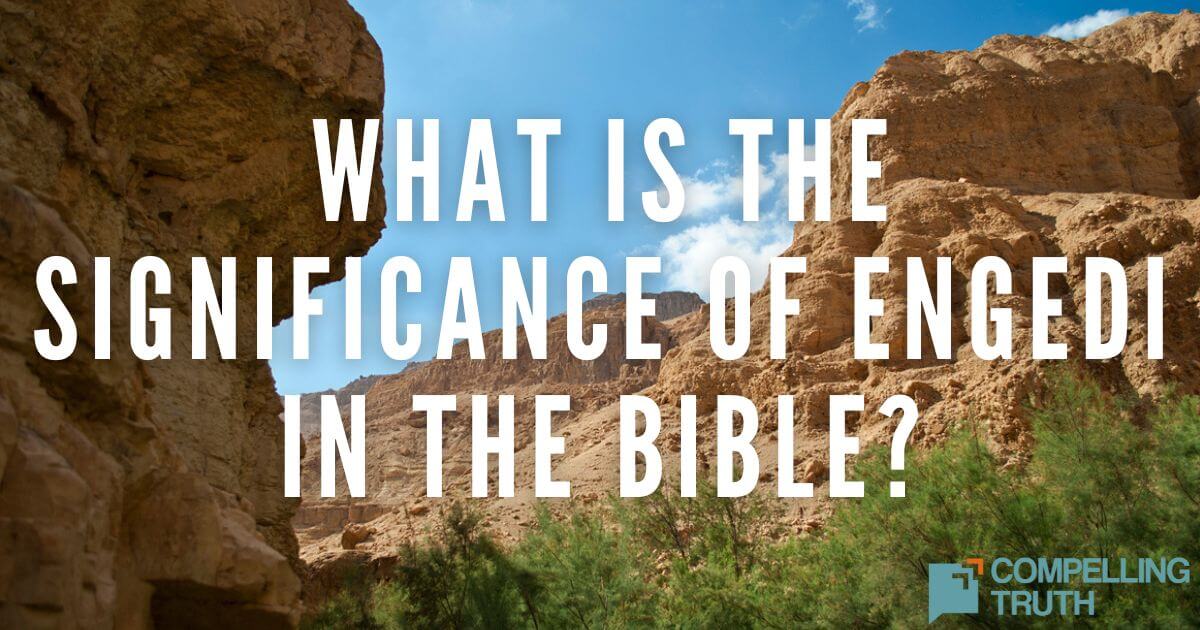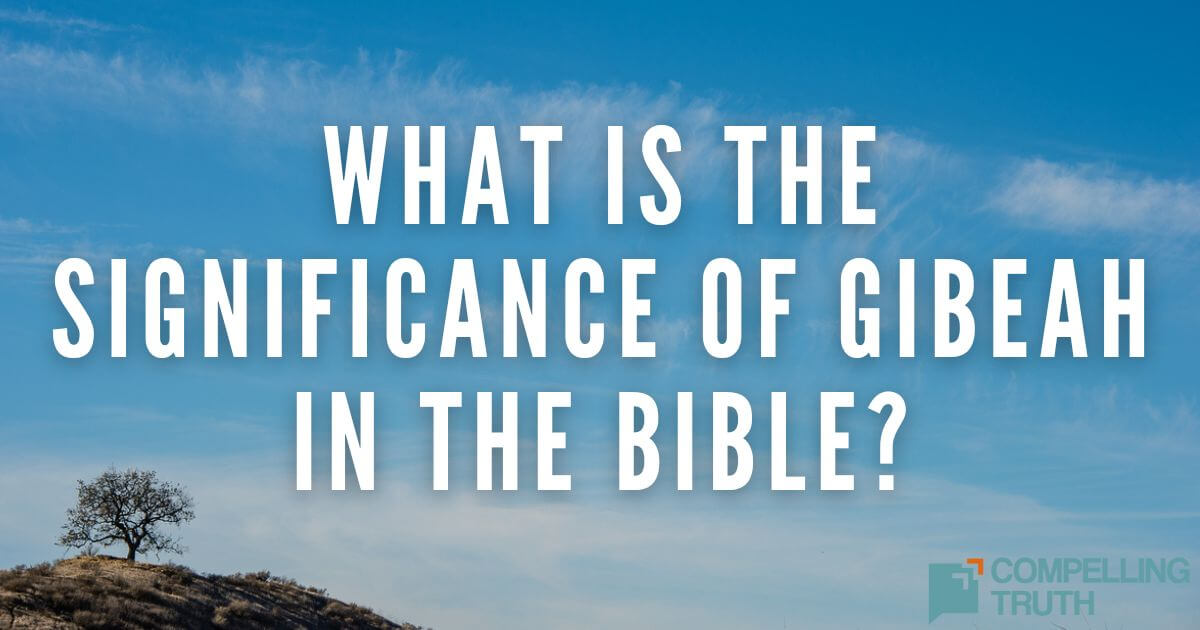what does the bible say?
Gaza, a city along the Mediterranean Sea, was a significant fortified port on trade routes between Africa, Europe, and Asia, originally part of Canaanite territory before being ruled by the Philistines. Despite attempts by the Israelites to conquer it, Gaza remained under Philistine rule, featuring prominently in biblical stories such as Samson's exploits. Throughout history, Gaza saw diverse rulers including Egyptians, Greeks, Romans, and others, and faced judgment for its conflicts with Israel. In the New Testament, Gaza played a role in the spread of the gospel, as Philip met an Ethiopian eunuch there and shared the truth with him. Today, Gaza remains a place of political turmoil, under Palestinian authority, and continues to be significant in the ongoing Israeli-Palestinian conflict.




